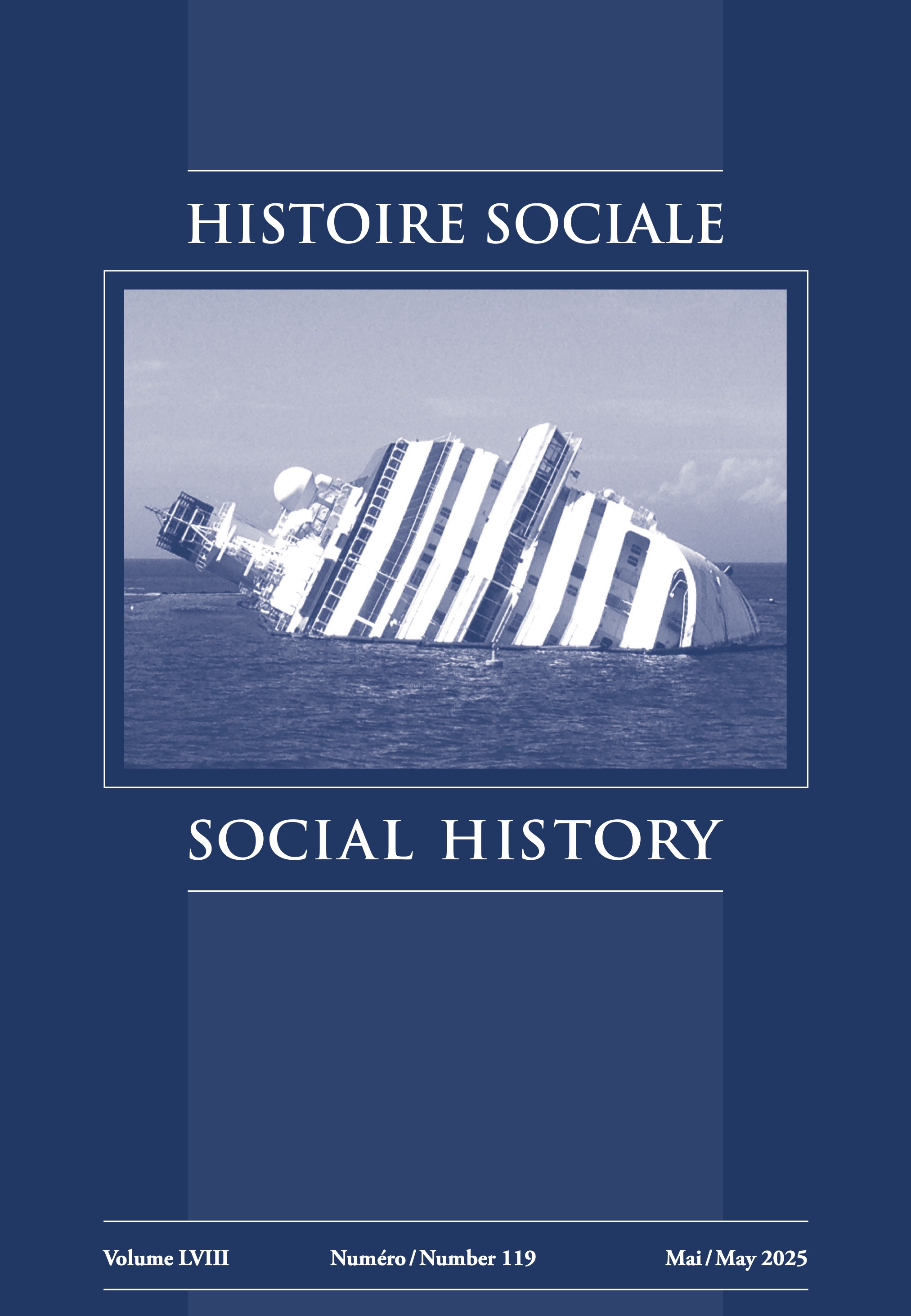Rescuing the National Body? The Role and Imaginary of Maritime Lifesaving in the Nazi State
Abstract
The Deutsche Gesellschaft zur Rettung Schiffbrüchiger (DGzRS) is a German maritime rescue organization founded in 1865 and based on humanitarian principles to save shipwrecked persons regardless of nationality or other characteristics. Rather than stagnating or being disbanded during the Nazi period, the society expanded significantly, with a sharp increase in membership. It branded itself—visually and semantically—as a Nazi organization. Analysis of historical publications of the DGzRS and holdings in the German federal archives reveals how a humanitarian organization like the DGzRS could thrive under a fascist regime. This development was made possible because maritime lifesaving not only served a certain function for the Nazi state, which was amplified within the context of the Second World War, but also because idioms of rescue resonated with the social imaginaries of both humanitarianism and Nazism.


